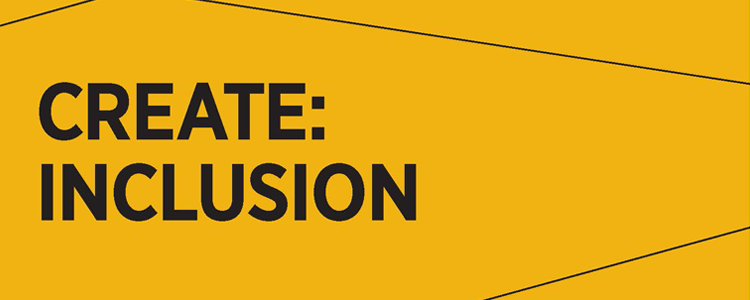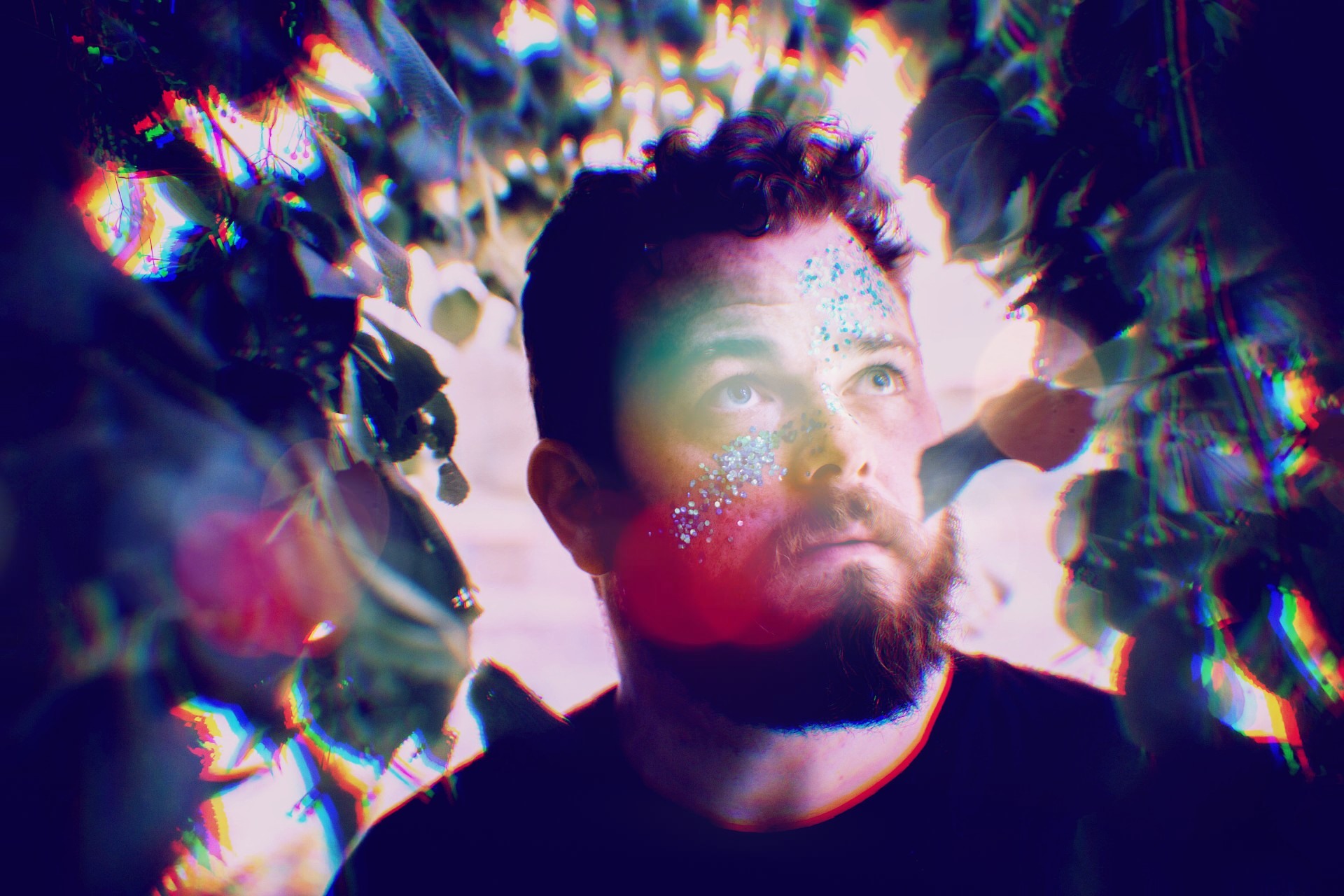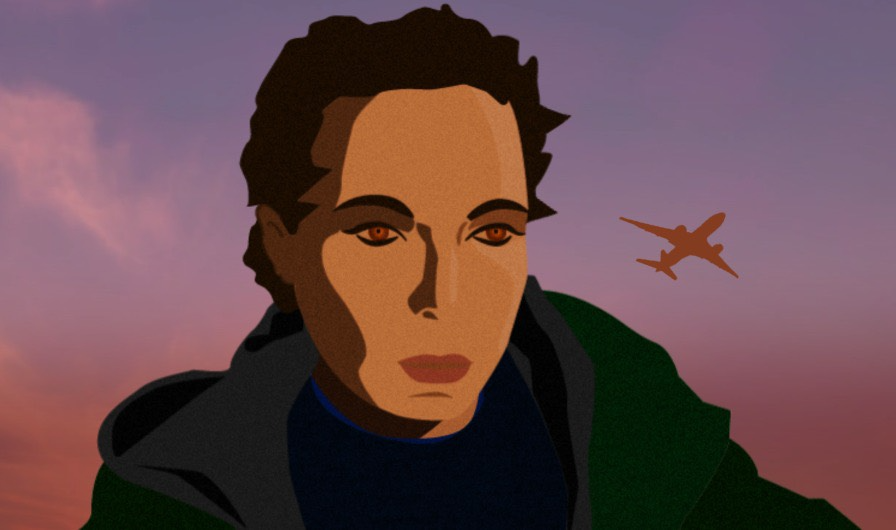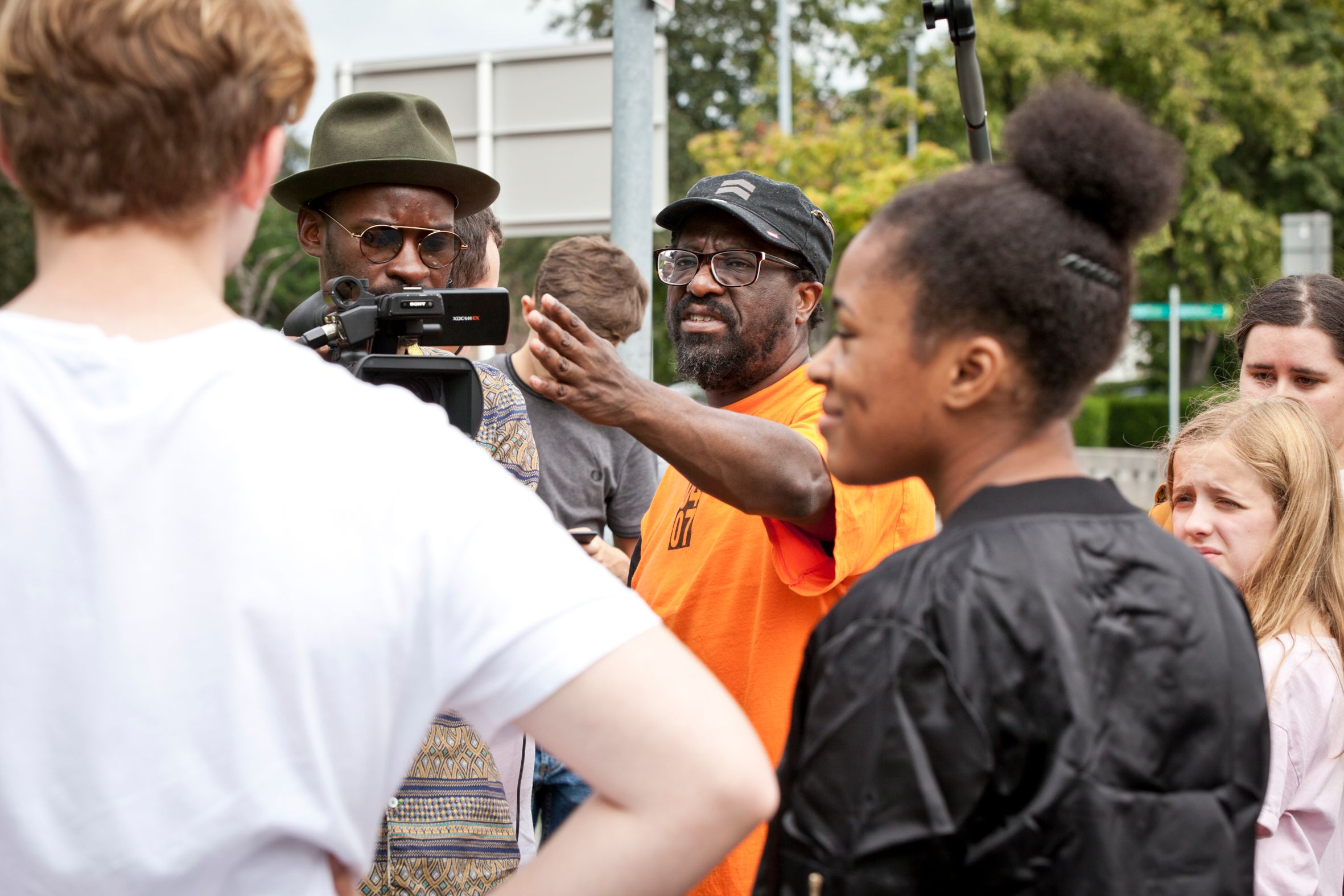Published: 24 Jul 2020

A theatre project about the lived experience of disability, album recordings and a film project highlighting the experiences of LGBTQIA refugees are among the 25 projects to receive support in the latest round of Create: Inclusion funding, through Creative Scotland.
The Create: Inclusion Fund, supported by the National Lottery, has distributed awards of between £2,250 and £28,187, to a total of £375,000. The fund supports activities which enable development of creative and professional practice, and opportunities to take creative risks.
Actor Kirin Saeed has received funding towards Crossing Care (working title), a theatre project which will use the lived experience of a blind Asian woman as a framework to collaborate with community groups and emerging artists.
Kirin Saeed said: “This project will offer opportunities for disabled people and communities whose voices are not often told on their own terms through the medium of theatre. I am so excited to be able to highlight the many complexities of receiving support as a disabled person, especially at a time when carers and caring are such topical subjects for discussion.”

Image courtesy of Man of the Minch
Folk pop musician Man of the Minch has received funding towards their debut album The Tide is At the Turning. An extension of the Bogha-frois: LGBT+ Voices in Folk project, the album will be recorded working with people who predominately identify as members of the LGBTQIA community. The Tide is At the Turning will be a musical blend of traditional Scottish music and contemporary pop, and its lyrical content will discuss queer experiences.
Pedro Cameron (Man of the Minch) said: “I hope the album serves as a monument to the Bogha-frois project and will be a piece of work which speaks not only to LGBTQIA people, but the wider community as a whole.”
Composer Amble Skuse has received funding towards A Reasonable Adjustment, a verbatim opera about the experiences of disabled people under austerity in the UK. The piece will be performed by an all-disabled ensemble and will premiere in February 2021 as part of Aberdeen’s Sound Festival.
Amble Skuse said: “This funding means we will be able to explore strategies of disseminating disabled voices through composition. We will be using the funding to work out how disabled artists can make and share work under the restrictions of shielding, a situation which may be considerably lengthier for disabled people than for the general population.”

Animation still courtesy of Bombito Productions
Bombito Productions received funding towards Who I am Now, a short film project focused on the experience of a transgender Egyptian man and his emigration to Scotland. The project is dedicated to the memory of Zan Scott, who originally conceived of the idea and sadly passed away before production.
Reece Cargan, Producer, Bombito Productions said: “This funding was vital in allowing me to work with queer collaborators and expand my slate as an LGBTQI+ filmmaker. More importantly, the film will hopefully give audiences an insight into the extra barriers experienced by trans people when seeking asylum in the UK.”
Edinburgh-based acclaimed Syrian artist Nihad Al Turk has received funding towards The Threat, a collection of paintings expressing the artist’s experience of living under constant threat.
Nihad Al Turk said: “This project will really help to support me to start working as a professional artist in Scotland, both by funding my work and enabling me to connect with other artists. The project will also help my wellbeing, by creatively expressing my experience of living under threat."

Image, Manu Kurewa, photo credit: Robin Mitchell
Director Manu Kurewa has received funding towards Life Lived in Black and White. The short film project, set on a Glasgow housing estate, explores the lives of a group of African immigrants who are connected by their sense of dislocation. The film celebrates the love and loss experienced by the diaspora and will be performed by actors with lived experience of the issues the film explores.
Manu Kurewa said: “I am delighted at having been given this wonderful opportunity to develop my film practice. This is a great opportunity for me and other members from Black and Ethnic Minority backgrounds to share experiences with the wider community and tell stories that normally don’t get the chance to be heard.”
Other projects to receive funding in this round include
The Create:Inclusion Fund represents one aspect of Creative Scotland’s ongoing work to address the numerous and complex barriers to access, progression and representation in the arts, screen and creative industries.
Another round of the fund will open for applications in Autumn 2020.
Iain Munro, Chief Executive, Creative Scotland said: “When creative practice is reflective of, and made by, a diverse range of people and communities, it becomes more relevant to everybody. This fund offers a step towards achieving this ambition, helping increase diversity among people building careers in the arts, screen and creative industries. These awards support a breadth of practice, a diversity of perspectives and level of ambition that reflects the rich cultural life of Scotland.”
Claire Thomson, Media Relations & PR Officer, Creative Scotland
+44 7747 606 146 | claire.thomson@creativescotland.com
1. The launch of the Create: Inclusion Fund in 2019 follows recommendations made within Creative Scotland reports - Understanding Diversity in the Arts and Equality Matters - evidencing numerous and complex barriers to access, progression and representation in the arts, screen and creative industries.
2. The Fund seeks to increase the diversity of people in the arts, screen and creative industries. Applicants can seek funding to help them progress, develop their creative and professional practice, their capacity or to support them to take professional and creative risks. Further information about the fund can be found on the Create:Inclusion Fund page.
3. In order to provide a broad range of perspectives to inform funding decisions, an open call for external assessment panel members - who hold credible professional knowledge and expertise of equalities and diverse creative practice across arts, screen and creative industries - to work alongside Creative Scotland’s specialist staff took place in February 2020. The panel included Laura Tyrrell, Johnny Gailey and Kim Simpson, working alongside Karen Dick, Interim Head of Place, Partnerships and Communities, Creative Scotland and Milica Milosevic, Head of Equalities, Diversity and Inclusion, Creative Scotland.
4. Create:Inclusion prioritises the professional and creative development of applicants who self–identify as sharing one or more protected characteristics defined by the Equality Act 2010, and projects from groups or organisations which are either minority-led or which focus on working with and for those who share one or more protected characteristics. The Equality Act 2010 covers nine protected characteristics: age, disability, gender reassignment, marriage and civil partnership, pregnancy and maternity, race, religion or belief, sex, sexual orientation.